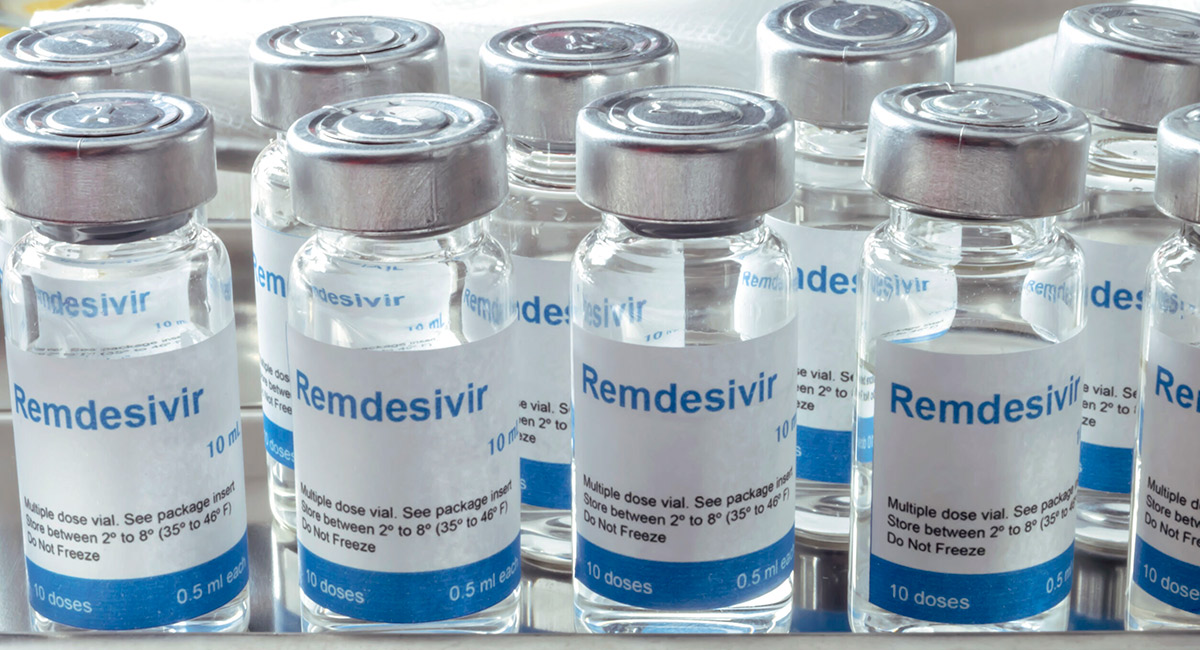Lawyer and author Michael Fumento recently argued in an AIER article that the FDA’s approval of the Covid-19 treatment remdesivir has failed patients and provides another example of the failure of the “Do something, anything” approach to combat the pandemic.
Referencing several critical studies and a condemning statement from the WHO, Mr. Fumento argues that remdesivir “doesn’t work.” However, since it remains the only fully approved Covid-19 treatment, and the FDA hesitates to retract drugs it already approved, remdesivir remains on the market. The agency’s wrongdoing in approving it also allows remdesivir’s producer Gilead to charge an alarmingly high price for treatment ($3,000 above production cost).
Frustrated but not surprised, Mr. Fumento concludes his article by stating, “At best, this can be a lesson to us all about pandemic drug approvals. But as noted we’ve had those lessons and they didn’t stick. Don’t expect this to have any impact, either.”
Having studied the FDA’s approval process for eight years and the history of remdesivir for the past two, I’m afraid I have to disagree with his assessment.
Mr. Fumento correctly notes that remdesivir previously struggled to receive FDA approval. But he neglects to mention why the drug remained off the market.
Beginning in 2014, remdesivir entered a clinical trial to help combat the Ebola outbreak in West Africa. Reviewing data, an article published in Drugs and Context found that remdesivir, “performed well in pre-clinical studies.” However, Gilead later withdrew the drug for financial reasons, fearing it could not afford to continue with the FDA’s approval process (which often requires over $1 billion to complete) after underperforming in a small-sample efficacy test (which wouldn’t have counted in its approval application).
Remdesivir later entered clinical trials to help treat MERS during a 2016 outbreak in the Middle East. This time, the drug received financial and other support from the NIH and several medical schools. Here again, medical scientists noted the drug’s usefulness in “providing evidence to support new indications for this compound against human viruses of significant public health concern.” But the FDA’s burdensome approval process again prevented the promising experimental drug from advancing due to an inadequate number of patients in the clinical trials.
Far from being “a drug in search of a cure,” as Mr. Fumento suggests, medical literature suggests remdesivir was a promising treatment that helped patients during two previous epidemics. Its greatest challenge was regulatory, not clinical.
Mr. Fumento also fails to mention that there was a considerable demand to use remdesivir well before the FDA approved it. The first patient formally diagnosed with Covid-19 in the US received remdesivir. As cases spread, physicians and other medical establishments petitioned the FDA to grant patients access through the agency’s Compassionate Use program—giving dying patients a chance to try an experimental (unapproved) treatment to prolong their lives. Nearly two dozen US citizens tried remdesivir from January 25th—March 1st, 2020. Many more patients in 70 other countries were able to access remdesivir to treat Covid-19 despite many drug supply channels being shut down to prevent disease spread.
As patients recovered, the FDA issued its first Emergency Use Authorization (EUA) for the drug on May 1st, 2020, for severe cases of Covid-19. After nearly half a million doses of remdesivir reached patients, the FDA issued an EUA to treat milder cases of Covid-19. By late October, the agency fully approved remdesivir despite the drug never undergoing the full approval process.
Over the same time period, the FDA withdrew two EUAs for other drugs to treat Covid-19 (chloroquine and hydroxychloroquine), and several Covid-19 tests passed with EUA. If remdesivir is ineffective, why wasn’t it also withdrawn?
I have been critical of Mr. Fumento’s analysis of remdesivir. But I take the message of his article seriously. Policy changes enacted out of desperation to address a crisis can be wasteful, counterproductive, and harmful. His concerns are justified.
But remdesivir provides no such cautionary tale. Instead, it gives a story of the triumph of innovation during a difficult period. The lesson we should take away is not “Do something, anything,” it is to get government out of the way so we can find solutions.








